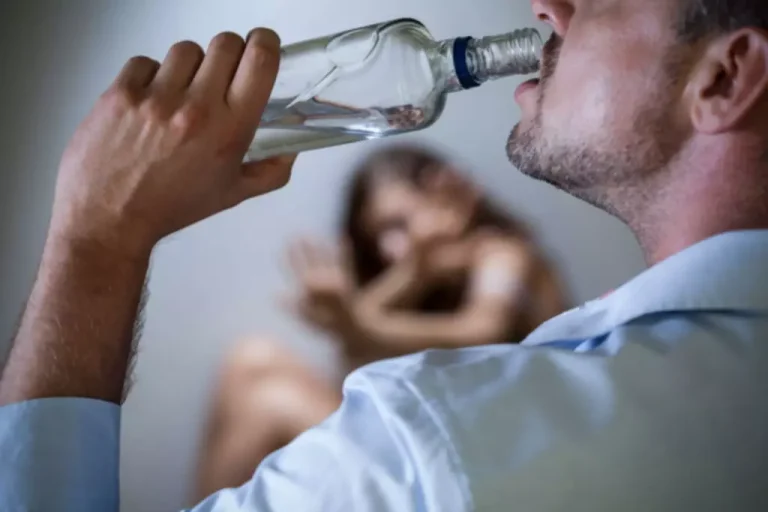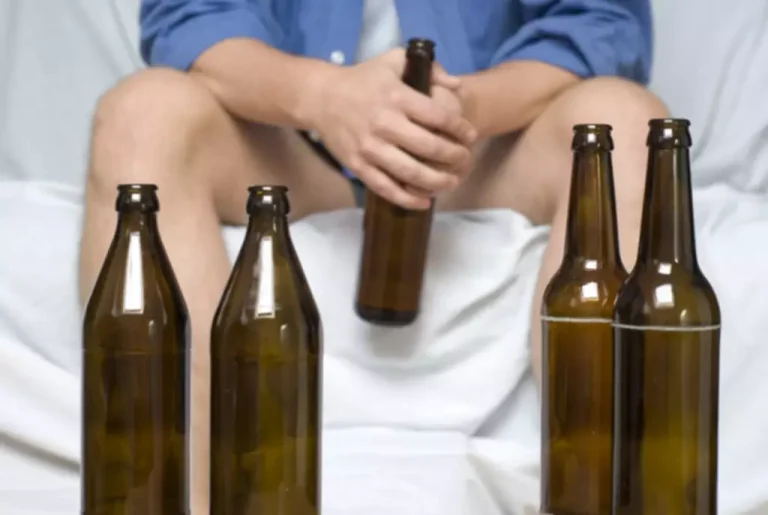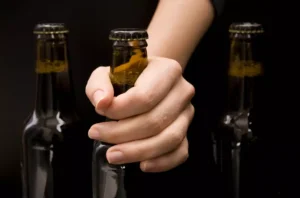Helping Someone with a Drinking Problem

Only about half of all adults with mental illness receive treatment, according to government data from 2022. Critics also point to health insurers, which often fail to promptly update provider networks and maintain barriers to care such as prior authorization. Many mental health providers don’t accept insurance, citing hurdles put in place by insurers. All together, such practices can make it extremely difficult for insured individuals to find covered mental health services. The final rules generally apply to group health plans and group health insurance coverage on the first day of the first plan year beginning on or after January 1, 2025. Whether the benefits provided are meaningful is determined in comparison to the benefits provided for M/S conditions in the same classification.
Alcohol Counseling
This stage typically starts 3–5 years after you’ve stopped drinking. People often need to address past trauma or familial issues during this time. So far, there’s no consensus on the medical definition of recovery in alcohol treatment literature. If you’re having difficulty sticking to your goal or just want some extra guidance, consider reaching out for professional support. At the end of the day, one of the most important tools you have at your disposal is self-compassion. Instead of criticizing yourself for having a hard time or slipping up and having a drink, remember that no one’s perfect.
How Can I Tell if I Need Substance Abuse Help?
For more information, please visit the NIAAA Alcohol Treatment Navigator®, an online tool that helps individuals find the right treatment for them—and near them. The Navigator offers a step-by-step process to finding a highly qualified professional treatment provider. Common alcohol withdrawal symptoms can include nausea, shaking, and sweating—which can be unpleasant or even dangerous. In order to quit drinking, you may need proper medical support to detox safely. Always think about thebenefits of quitting alcohol and how they will improve your life.
Take some time to explore your relationship with alcohol
Try to commit to at least two days each week when you won’t drink at all. While it can be disheartening and frustrating, relapse is quite common. However, as the National Institute on Drug Abuse (NIDA) explains, relapse does not mean that treatment has failed. The chronic nature of addiction means that relapsing is often part of the quitting process. Fortunately, most of the acute symptoms of withdrawal pass within a week or two of quitting. However, some people who quit an addiction find that certain withdrawal symptoms seem to go on and on.

You aren’t to blame for your loved one’s drinking problem and you can’t make them change. The symptoms listed above may be a sign of a severe form of alcohol withdrawal called delirium tremens, or DTs. This rare, emergency condition causes dangerous changes in the way your brain regulates your circulation and breathing, so it’s important to get to the hospital right away. Write your drinking goal down and keep it where you will frequently see it, such as on your phone or taped to your refrigerator. Distance yourself from people who don’t support your efforts to stop drinking or respect the limits you’ve set. This may mean giving up certain friends and social connections.
- Even though it can be a challenge, the benefits of overcoming addiction far outweigh any perceived benefits of continuing substance use.
- When you spend time together, try to suggest activities that don’t involve alcohol.
- There are going to be some situations that send your brain into wanting relapse.
- You can’t control the behavior of your loved one with the addiction.
- Look for things that will help occupy your time and keep your mind off of drug cravings.
- Whether the benefits provided are meaningful is determined in comparison to the benefits provided for M/S conditions in the same classification.
- For example, Mayo Clinic offers various addiction services and has a thorough team approach to treating addiction.
- But friends and family may feel unsure about how best to provide the support needed.
- Research shows that genes account for half of your drug and alcohol addiction risk.
- For people living with addictions, some of their relationships may revolve around addictive behaviors.
- For many, continued follow-up with a treatment provider is critical for overcoming alcohol problems.
It’s vital that you stay safe, take care of your own health, and get the support you need. Many teens turn to alcohol to relieve stress, cope with the pressures to fit in or succeed at school, self-medicate other mental health issues, or to deal with major life changes, like a move or divorce. Residential treatment or “rehab” facilities provide how to overcome alcoholism intensive treatment for alcohol abuse or addiction. Your loved one resides at a special facility for 30 to 90 days and receives treatments such as detox, therapy, and medication. Witnessing your loved one’s drinking and the deterioration of your relationship can trigger many distressing emotions, including shame, fear, anger, and self-blame.
The three basic steps of urge surfing:
The more symptoms you have, the more urgent the need for change. A health care provider can look at the number, pattern, and severity of symptoms to see whether AUD is present and help you decide the best course of action. Perceived social support can play an important part in alcohol use recovery.

AUD is a serious condition where someone is unable to control their use and consumption of alcohol. AUD is different to binge and problem drinking as it is an addiction and is a formal diagnosis that experts base on a set of symptoms. The help and support from partners, relatives, and friends are invaluable to a person with AUD. However, it is crucial that an individual with AUD receives professional medical help, as well.
What does drinking alcohol do to your body?
